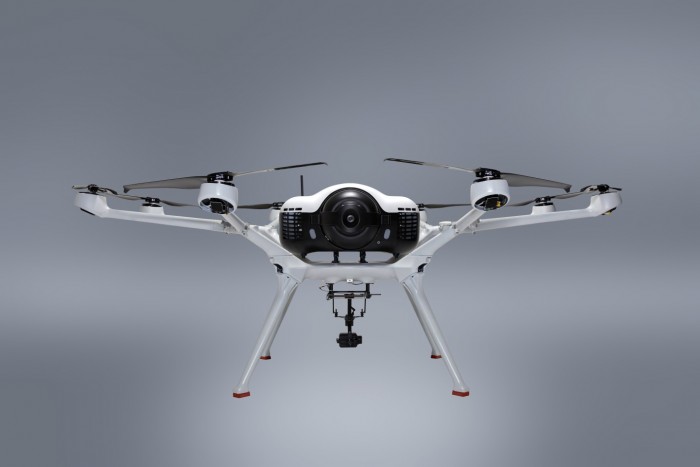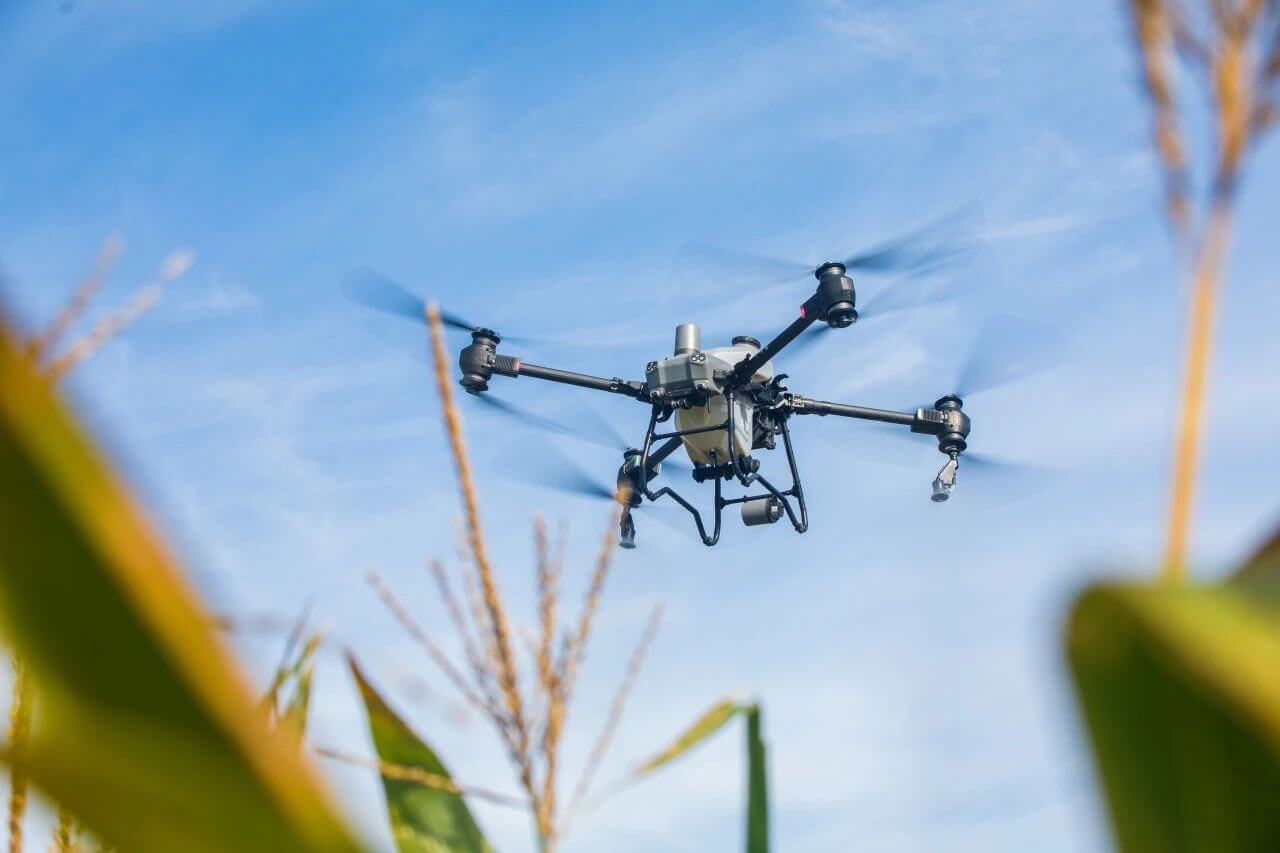In the rapidly advancing agricultural sector, embracing technology is key to improving productivity and sustainability. Among the emerging technologies, drone sprayers are revolutionizing the way farmers manage their crops. With their precise application and ease of use, drone sprayers are fast becoming an indispensable tool in modern farming.
in modern farming.
Understanding the Benefits of Drone Sprayers
Drone sprayers offer numerous advantages over traditional spraying methods. They can accurately cover large areas in less time, reducing labor costs and human error. Drones can access challenging terrains that might be difficult for conventional machinery, ensuring even the most secluded areas receive adequate treatment.
- Precision Agriculture:
 By leveraging GPS technology, drone sprayers can deliver fertilizers, pesticides, and water with pinpoint accuracy, minimizing wastage and maximizing efficiency.
By leveraging GPS technology, drone sprayers can deliver fertilizers, pesticides, and water with pinpoint accuracy, minimizing wastage and maximizing efficiency. - Environmentally Friendly: The precise application of chemicals means less runoff and drift, reducing the impact on the environment and surrounding ecosystems.
Technological Advancements
The technology behind drone sprayers continues to evolve, with features like real-time data analytics and AI being integrated into modern models. These features enhance decision-making by providing vital insights on crop health and growth patterns, allowing farmers to make informed choices.
Most notably, the integration of thermal and multispectral cameras in drone sprayers gives farmers the ability to diagnose plant health issues, detecting problems before they become widespread.
Additionally, automation and AI-driven flight paths optimize coverage, reducing operation time and ensuring even distribution. This not only saves time but also improves crop yield, as every part of the field receives the necessary resources.
Economical Impact
While the initial investment in drone sprayers may seem substantial, the long-term savings are significant. Reduced chemical usage translates to cost savings, and improved crop yield results in increased profits. Moreover, the efficiency of drone sprayers cuts down on resource wastage, contributing to a more sustainable agricultural practice.
A study highlighted that farms using drone technology reported an average cost reduction of 30% in pesticide use.
Challenges and Considerations
While drone sprayers offer many benefits, there are challenges to consider: regulatory restrictions, the need for specialized training, and maintenance costs can be hurdles. However, as the technology becomes more ubiquitous, these challenges are expected to diminish significantly.
Future Outlook
The future of drone sprayers appears promising, with innovations likely to continue. We can expect enhanced battery life, increased load capacity, and more advanced automation features. Such advancements will further cement their role in modern agriculture, contributing to a smarter, more efficient way of farming.
Frequently Asked Questions (FAQs)
1. Are drone sprayers suitable for all types of crops?
Yes, drone sprayers are versatile and can be used for various crops. Their precision and adaptable settings allow for customization based on specific crop needs.
2. What is the cost of maintaining a drone sprayer?
Maintenance costs are relatively low, especially compared to traditional equipment. Regular software updates and occasional part replacements are typical.
